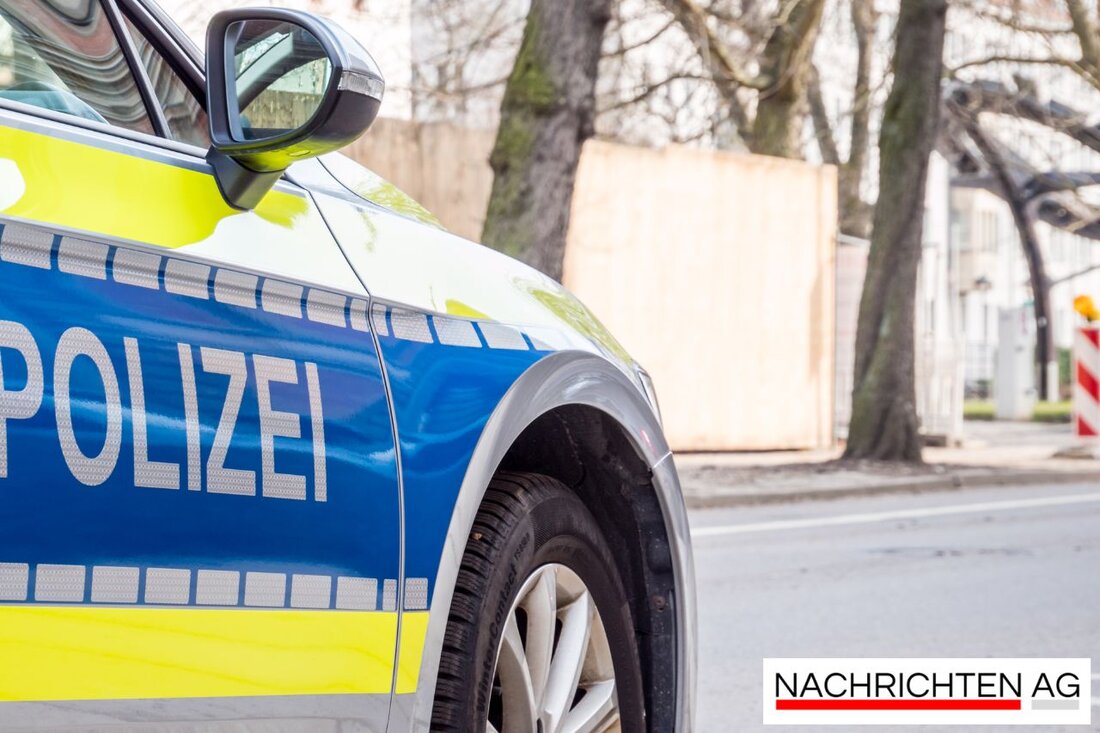Schwerin commemorated: Memorial commemorates the pogrom night of 1938
On November 9, 2025, around 200 Schwerin residents commemorated the victims of the pogrom night of 1938 at the Schlachtermarkt.

Schwerin commemorated: Memorial commemorates the pogrom night of 1938
On November 9, 2025, around 200 citizens in Schwerin commemorated the victims of the pogrom night of 1938 with a memorial service. This hour of warning and remembrance at the Schlachtermarkt was organized by the “November 9, 1938 Working Group”. Under the motto “Remembrance and Responsibility”, the working group addressed the questions about the loss of humanity and solidarity and called for a decisive stance against anti-Semitism and racism. The responsibility of each individual was particularly emphasized.
Karl-Georg Ohse from the working group was particularly emphatic, emphasizing the need to ensure justice for the victims and their survivors. He pointed out that, as philosopher Hannah Arendt once said, resignation and withdrawal are not options. State Rabbi Yuriy Kadnykov called on those present to actively contribute to a society of solidarity and recalled that the pogrom led to the destruction of the Schwerin synagogue - part of the systematic persecution that began in the years before 1938.
A dark chapter in history
The November pogrom, also known as “Kristallnacht,” describes the terrible acts of violence against the Jewish population in the German Reich around November 9, 1938. Under the guise of “order,” synagogues, shops and Jewish homes were burned down and destroyed. These riots were largely carried out by members of the SA and SS and took place in the presence of a civilian crowd, while the National Socialist leadership, led by Joseph Goebbels, called for violence.
The immediate cause is the assassination attempt on the German diplomat Ernst vom Rath, which took place on November 7, 1938. The NSDAP's reactions to his death were the deciding factor in the collectively organized acts of violence that led to the destruction of around 1,406 synagogues across Germany and the looting of more than 7,500 shops. Officially, 91 people were victims of the pogroms, but the unreported death toll is over 1,500. In addition, around 30,000 Jewish men were deported to concentration camps. These incidents marked the transition from discrimination to systematic persecution of the Jewish population and contributed to the emergence of the Shoah.
The consequences and responsibility in the present
The systematic discrimination against the Jewish population had already begun when the National Socialists came to power in 1933, when the “Law for the Restoration of the Professional Civil Service” was passed, which excluded around 2,500 Jewish civil servants. The Nuremberg Laws of 1935 made Jews second-class citizens. After the pogroms, Jewish businesses had to pay an “atonement” of one billion Reichsmarks, which further exacerbated financial exploitation.
Today, Jewish institutions in Germany continue to be guarded by police, and fears of violent attacks remain, as events in Halle and Oldenburg have shown in recent years. It is important that the memory of the victims remains alive and warns current society against the repetition of such tragedies.
The commemoration in Schwerin is a small but significant step towards a solidarity-based and respectful society that faces the past and draws lessons for the future. Because as state rabbi Yuriy Kadnykov aptly put it: “Each of us has the responsibility to actively stand up against anti-Semitism and racism.” Therefore, a memorial event is not only a remembrance, but also an appeal to conscience.
For more information about the events of the pogrom night you can visit bpb and ZDF.

 Suche
Suche
 Mein Konto
Mein Konto